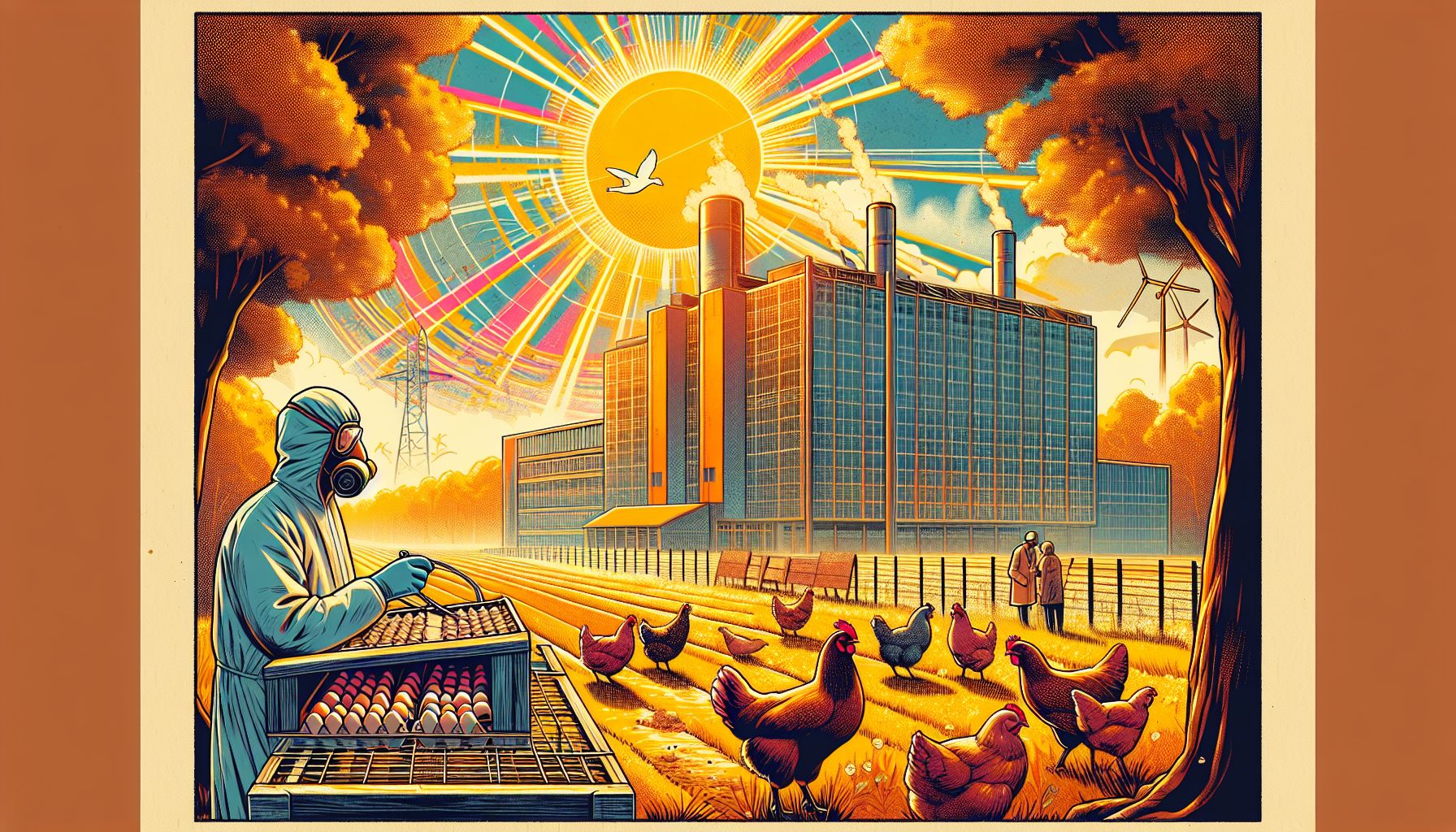RIVM Launches Nationwide Research on PFAS in Hobbyist Chicken Eggs

The National Institute for Public Health and the Environment (RIVM) initiates a nationwide study to examine PFAS levels in hobbyist chicken eggs, following high contamination findings in Zuid-Holland Zuid and Altena.
Understanding PFAS and Their Impact
Per- and polyfluoroalkyl substances (PFAS) are a group of man-made chemicals known for their persistence in the environment and human body. Often referred to as ‘forever chemicals,’ PFAS are resistant to degradation, leading to their accumulation over time. These substances are used in various industrial applications and consumer products for their water- and grease-resistant properties. However, their widespread use has raised significant health and environmental concerns due to their potential toxicity and long-term health effects, including cancer and liver damage.
High PFAS Levels in Zuid-Holland Zuid and Altena
Recent findings have revealed alarmingly high concentrations of PFAS in the eggs of hobbyist chickens in Zuid-Holland Zuid and the municipality of Altena. The RIVM’s risk assessment indicated that consuming just one egg per week from these areas could exceed the health-based threshold for PFAS intake. Specifically, eggs from 22 out of 31 locations examined in these regions contain PFAS levels that surpass this threshold[1]. This discovery has led RIVM to advise against eating private eggs from these regions.
Nationwide Investigation into PFAS Sources
In response to these findings, RIVM has launched a nationwide investigation to determine the extent of PFAS contamination in hobbyist chicken eggs across the Netherlands. This research aims to identify the sources of PFAS and assess the potential health risks associated with consuming contaminated eggs. The study will focus on eggs from chickens kept in back gardens, allotments, petting farms, and care farms. The results of this investigation are expected by mid-2025[2].
Potential Health Risks and Safety Measures
Exceeding the health-based threshold for PFAS intake can lead to various health issues, including kidney and testicular cancer, liver disease, high cholesterol, and weakened immune systems. Therefore, it is crucial to stay below this threshold to minimize the risk of illness[3]. Despite the high PFAS levels in private eggs, eggs purchased from supermarkets and shops are safe to consume as they contain significantly lower levels of PFAS.
Community and Municipal Response
Local municipalities in Zuid-Holland Zuid have expressed their concerns about the high PFAS levels in hobbyist chicken eggs. They are advocating for a European ban on PFAS emissions due to the widespread environmental and health impacts. The municipalities are also conducting further research to understand why these private eggs contain such high levels of PFAS and to develop strategies to mitigate this contamination[4].
Conclusion and Looking Ahead
The nationwide study initiated by RIVM is a critical step toward understanding and addressing PFAS contamination in hobbyist chicken eggs. By identifying the sources and extent of PFAS pollution, effective measures can be implemented to protect public health and ensure food safety. As the investigation progresses, the findings will provide valuable insights into managing PFAS contamination and reducing exposure risks.

